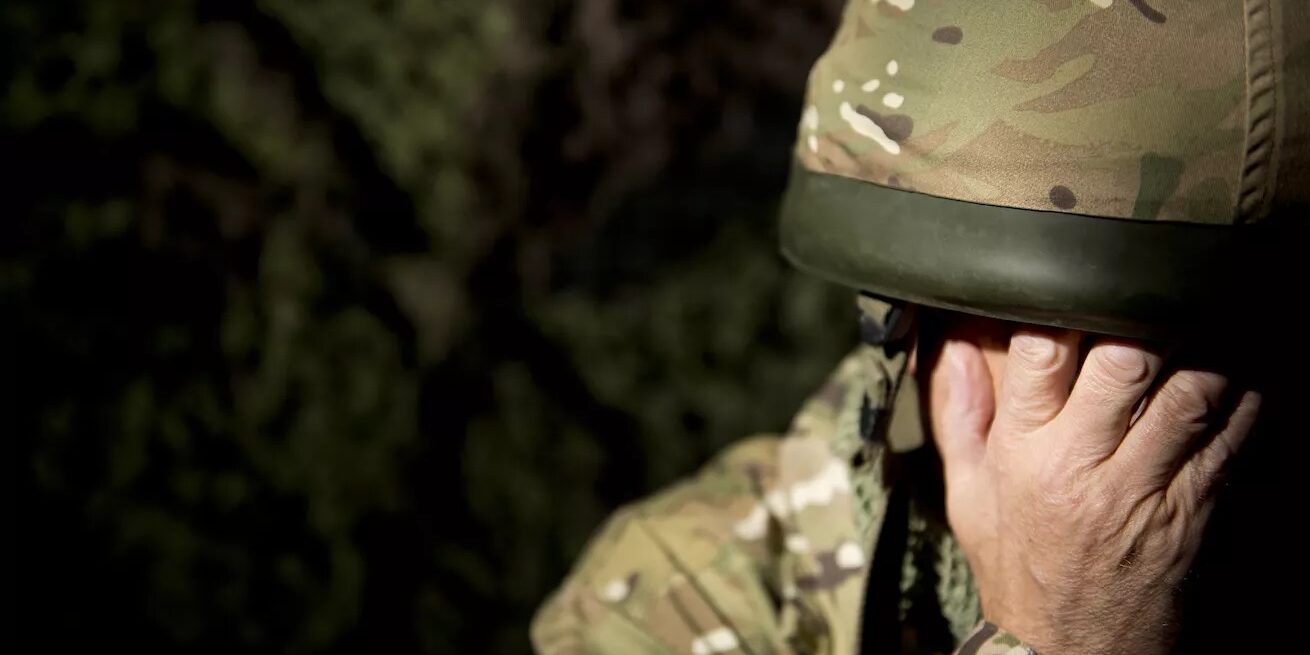Congress Is Pushing Revolutionary Research on Psychedelic Treatments for the Military
In recent years, there has been a growing interest in the potential therapeutic benefits of psychedelic substances such as MDMA, psilocybin, and LSD. These substances, once associated with counterculture movements, are now being studied for their potential to revolutionize mental health treatments, and Congress is taking notice.
Breaking the Stigma
One particular area of interest is the application of psychedelic treatments within the military. The military, like any other profession, is not immune to mental health challenges among its members. Conditions such as post-traumatic stress disorder (PTSD) and depression are all too common among veterans and active-duty personnel. Conventional treatments often fall short in providing long-term relief, leading researchers to explore alternative methods like psychedelic-assisted therapy.
The NDAA's Impact on Psychedelic Research for Military Mental Health
In recent years, lawmakers in Congress have recognized the potential of psychedelic treatments and have taken steps to promote research in this field. In December 2020, the U.S. Senate passed the National Defense Authorization Act (NDAA), which included provisions to expand research on psychedelic substances for military-related mental health conditions. This marked a significant milestone in the quest to bring these groundbreaking treatments to those who need them the most.
The NDAA mandates that the Department of Defense (DoD) collaborate with civilian research institutions and organizations to investigate the safety and efficacy of psychedelic substances in treating conditions like PTSD and depression. The goal is to explore the potential benefits and risks associated with these substances and to determine whether they can be integrated into current mental health treatment protocols for military personnel.

Military Mental Health:
This move by Congress signifies a significant shift in attitude towards psychedelic substances. Previously stigmatized and classified as Schedule I drugs, substances like MDMA and psilocybin are now gaining recognition for their potential therapeutic value. The research conducted under the NDAA will provide crucial data to support evidence-based decision-making in mental health treatments within the military.
Hope on the Horizon
Advocates for psychedelic-assisted therapy argue that these substances can facilitate deep introspection, increase empathy, and help individuals process traumatic experiences, leading to long-lasting psychological healing. Many military veterans have reported life-changing experiences after undergoing psychedelic treatments in clinical trials, sparking hope for those struggling with mental health issues.
It is important to note that the research conducted under the NDAA is heavily regulated and adheres to strict ethical guidelines. Safety is a top priority, and any potential risks associated with these substances will be thoroughly assessed.

Next Steps for Psychedelic Research:
While there is still much research to be done, the inclusion of psychedelic treatments in the military’s mental health toolkit represents a significant step forward. If proven effective, these treatments could offer a much-needed alternative to conventional therapies and provide relief to military personnel suffering from debilitating mental health conditions.
A Milestone in Military Mental Health Care
Congress’s support for research on psychedelic treatments for the military demonstrates a growing recognition of the potential of these substances in revolutionizing mental health care. By expanding research opportunities, lawmakers are paving the way for a future where psychedelic-assisted therapy becomes a mainstream treatment option, bringing hope and healing to those who have sacrificed so much for their country.







